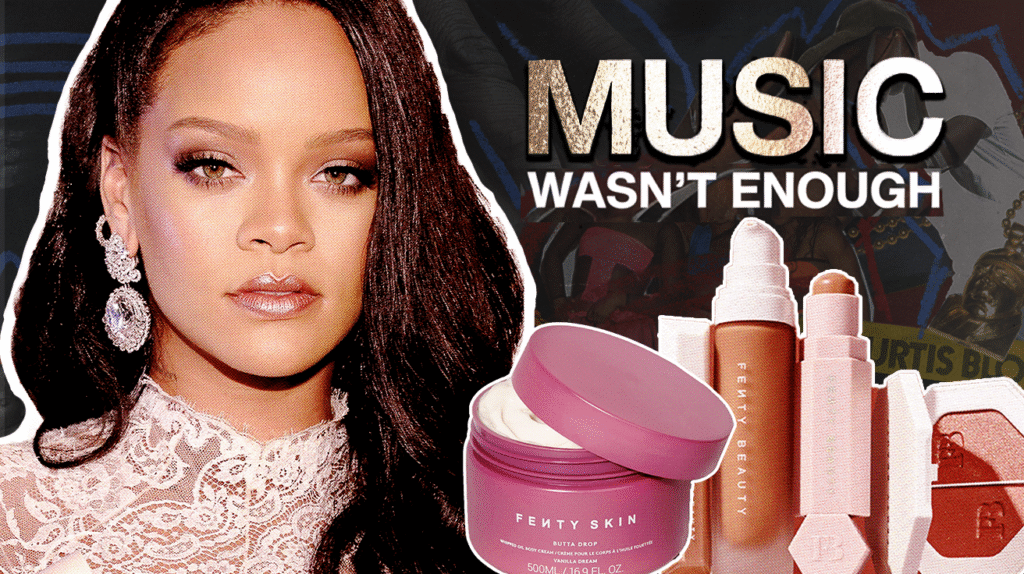
The music industry’s corner offices have transformed completely, resembling corporate boardrooms where guitars lean against quarterly reports. Female artists have orchestrated a power shift that makes the streaming revolution look like a gentle software update by comparison.
These performers-turned-CEOs aren’t collecting royalty checks—they’re building business ecosystems spanning fashion, beauty, tech, and real estate. What separates these moguls isn’t just gender, but their approach: leveraging authentic personal brands into revenue-generating ecosystems independent of streaming numbers.
11. Rihanna
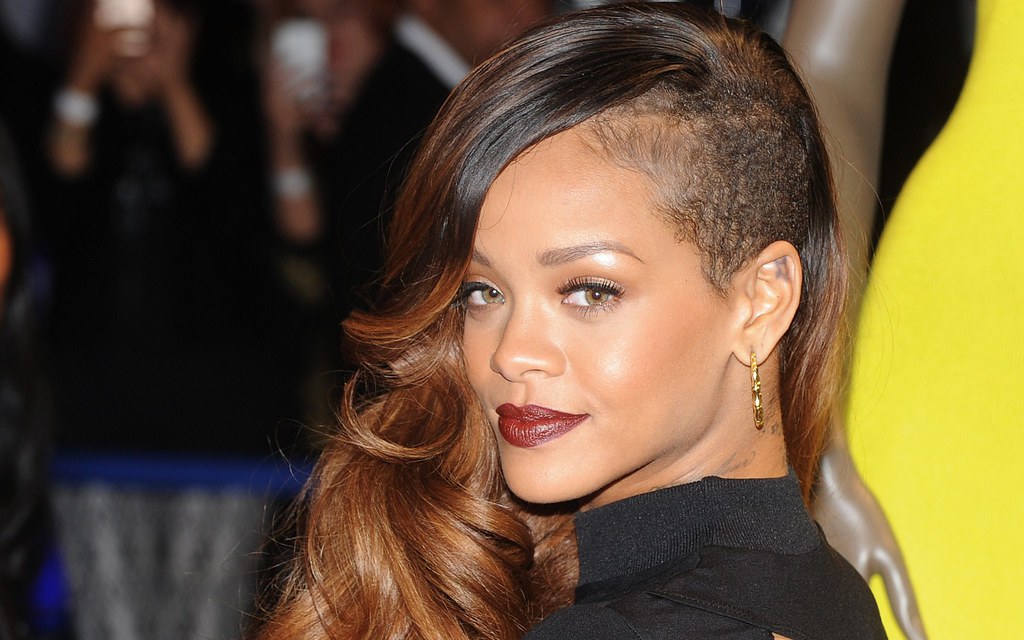
Market disruption just got redefined: Fenty’s business portfolio achieved a $1.4 billion valuation by identifying gaps that industry veterans claimed didn’t exist. Her Fenty Beauty line entered the cosmetics industry and forced legacy brands to expand their shade ranges or risk irrelevance in a market that had been underserved for decades.
Her Savage X Fenty lingerie brand converted body-positive messaging from marketing trend to sustainable business model. Meanwhile, her LVMH partnership made history as the first luxury fashion house created by a Black woman.
Rihanna sits atop the list of richest female musicians in world because she identified market gaps that industry veterans claimed didn’t exist, then built businesses that proved consumers were waiting for exactly what she offered.
10. Dolly Parton
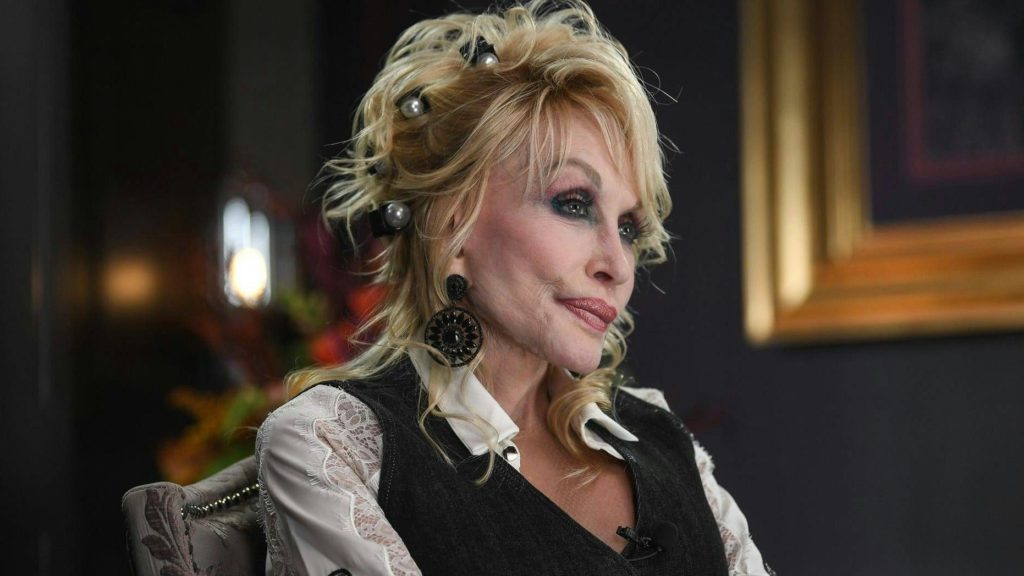
Chasing trends leaves most artists broke within a decade, but Parton’s strategy created an economic ecosystem that employs thousands while building generational wealth. While other artists chase trends like dogs chasing cars, Parton created an economic ecosystem in her hometown region through Dollywood theme park and DreamMore Resort. This venture employs thousands in an area that desperately needed economic revitalization.
Her publishing company controls valuable song catalogs that generate steady income regardless of her touring schedule. Meanwhile, her Imagination Library has distributed over 200 million books to children as of 2024. Parton understood something fundamental that eludes many performers: true wealth comes from ownership, not performance fees. Her business venture doesn’t merely generate profits—it creates cultural touchpoints that ensure her legacy will outlast changing musical tastes. Economic impact reaches 10,000+ jobs created through a single theme park vision.
9. Madonna
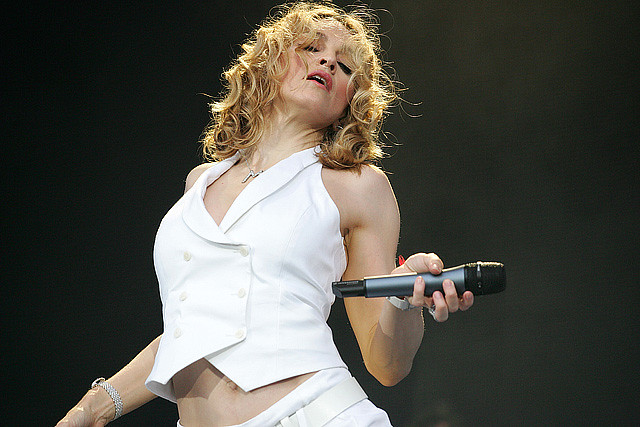
Madonna’s business model has generated substantial wealth through constant strategic reinvention. Her Ray of Light Entertainment production company maintains creative control over her projects. Meanwhile, her MDNA Skin beauty line targets luxury consumers rather than chasing mass market appeal.
Madonna’s $120 million Live Nation deal in 2007 set precedents for large-scale touring contracts that reshaped how artists structure their relationships with promotion companies. She understood the value of her business brand before streaming metrics existed to measure it. This created a self-contained venture that resembles a tech ecosystem more than a traditional entertainment career.
8. Victoria Beckham
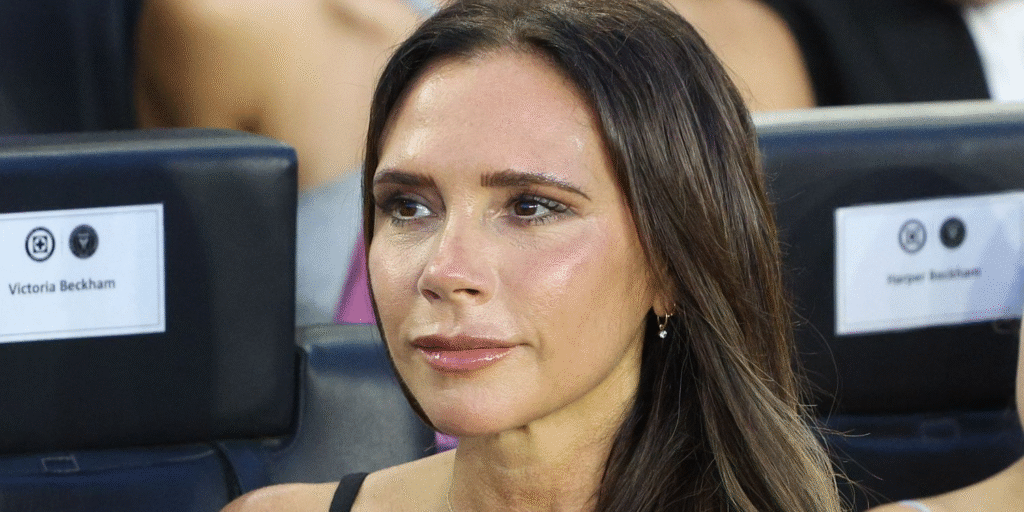
Fashion careers vanish faster than seasonal trends, yet Beckham executed perhaps the most impressive pivot in entertainment history. Posh Spice became fashion powerhouse with the precision of a perfectly tailored seam that never shows its construction. Her luxury brand earned Designer Brand of the Year in 2011—an achievement that fashion insiders initially bet against harder than a longshot racehorse.
Her beauty line launched in 2019 has shown remarkable growth in a saturated market by focusing on product performance rather than celebrity association. The brand became profitable in 2022 after 13 years of strategic investment. Beckham’s business trajectory resembles a fashion collection itself—cohesive, forward-thinking, and built to last beyond seasonal trends. She essentially rewrote her public narrative from pop star to respected entrepreneur in a shift as rare in entertainment as a platinum record.
7. Taylor Swift
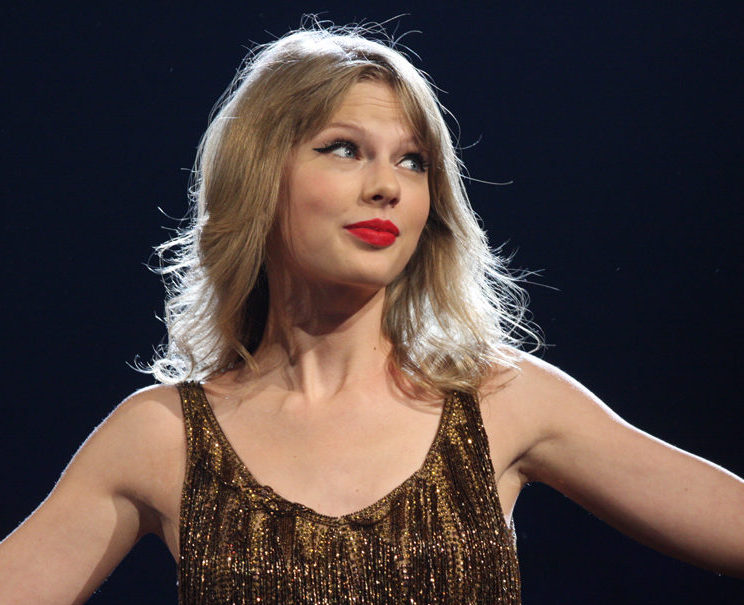
Swift rewrote the playbook on artist ownership by converting a devastating masters dispute into a billion-dollar masterclass in fan engagement. Her masters re-recording strategy converted what could have been a career setback into a profitable venture that engaged her customer base like a tech product launch. This proved that authenticity and business savvy can work in perfect harmony.
Her merchandise business generates revenue comparable to mid-sized fashion brands. Meanwhile, her strategic use of social media creates direct marketing channels that bypass traditional promotional gatekeepers entirely. Swift has mastered something fundamental that record executives missed during the digital transition: in the streaming era, the relationship with fans is the most valuable asset an artist can own—a direct-to-consumer business model.
6. Gloria Estefan
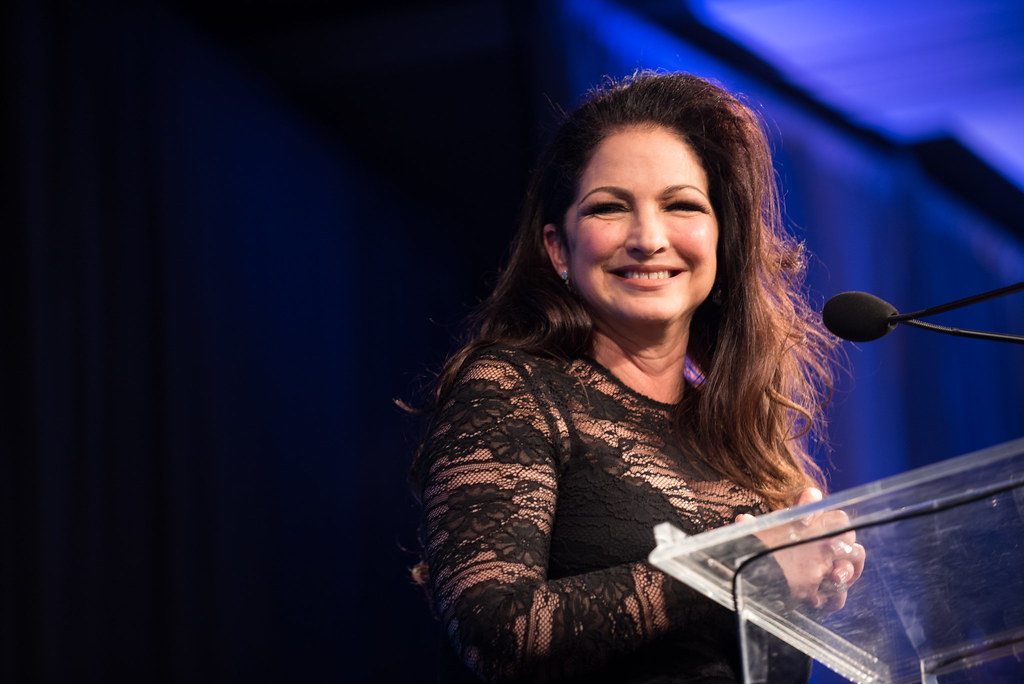
Cultural heritage becomes profitable when authentically leveraged, and Estefan’s business portfolio constructed substantial wealth by recognizing this before anyone else caught on. Her Bongos Cuban Café restaurant chain expanded her influence beyond music into hospitality. Meanwhile, her Broadway musical “On Your Feet!” created new revenue streams from her existing catalog that continue generating income years after its debut.
As part-owner of the Miami Dolphins, she demonstrated business vision extending far beyond entertainment—a rarity for performers of any gender who typically stick to what they know. Estefan essentially created a guide for cultural entrepreneurship, showing that authentic representation can be both culturally significant and commercially viable when executed with genuine respect for the source material.
5. Beyoncé

If you’re building a business venture in 2025, Beyoncé’s approach operates with Fortune 500 precision while maintaining the cultural impact of a social movement. Her Parkwood Entertainment maintains complete control over her creative output in an era when most artists surrender ownership for distribution deals that favor corporate interests over artistic vision.
Her Ivy Park partnership with Adidas disrupted athletic wear markets through limited drops that generate Netflix-documentary levels of anticipation among consumers who treat each release like a cultural event. While other artists focus on immediate revenue streams, Beyoncé builds long-term wealth through tech investments and luxury real estate that will appreciate regardless of musical trends.
4. Celine Dion
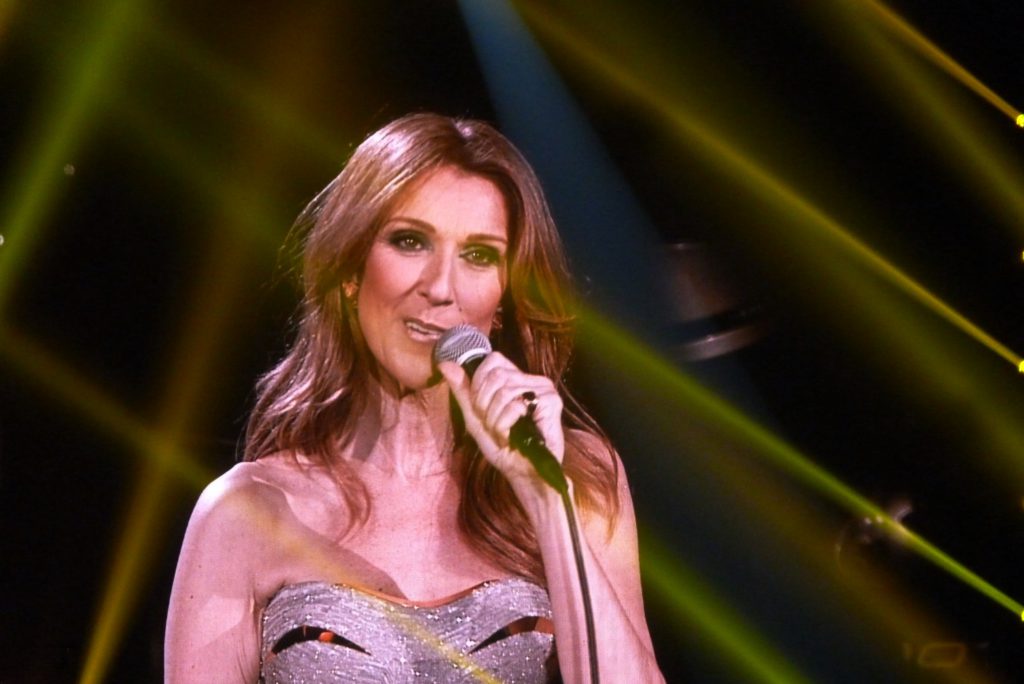
Stuck with Vegas reputation as a career graveyard? Dion’s residency model fundamentally restructured how entertainment capital approaches artist partnerships. Her business instincts created a blueprint that converted Vegas from a retirement destination for fading stars into a lucrative option for artists at their commercial peak. This proved that sometimes the best career move is the one everyone tells you not to make.
Her fragrance business has outlasted countless celebrity scent competitors through consistent quality and brand alignment that feels authentic rather than opportunistic. Following personal tragedy, Dion demonstrated that emotional resilience and business acumen aren’t mutually exclusive. They’re complementary forces that can strengthen a personal brand’s connection with consumers in ways that pure marketing never could.
3. Shania Twain
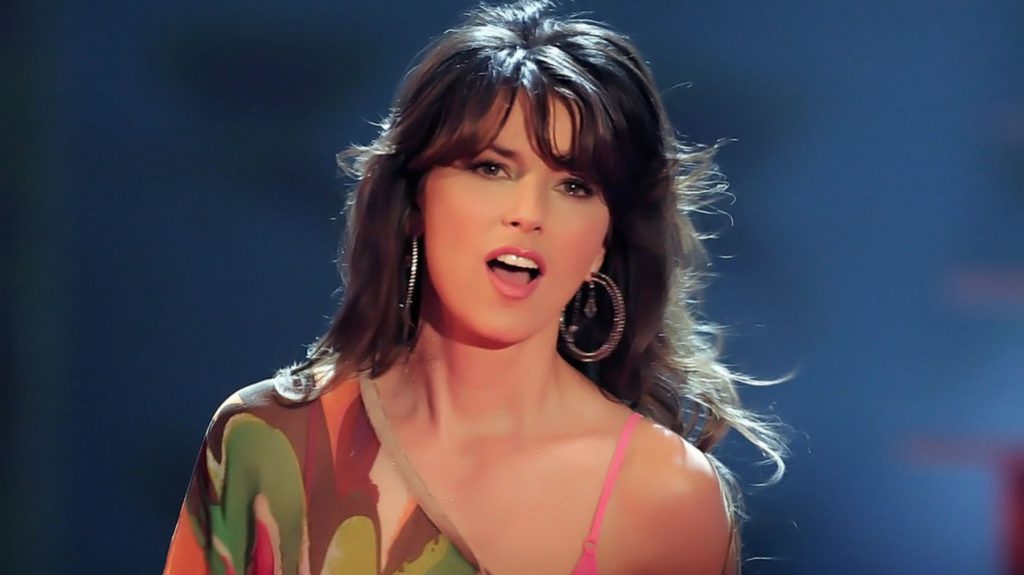
Poverty to profit stories flood country music, but Twain’s rise stands apart through bold career choices that industry veterans initially questioned. Twain’s story resembles a country song played in reverse—starting with hardship and heartbreak, ending with triumph that money can’t diminish.
She pioneered profitable Vegas residencies when Nashville wisdom suggested Vegas was strictly for pop acts and legacy performers looking to coast on past hits. Her bestselling autobiography and merchandise business demonstrate savvy understanding that fans don’t just want to stream her music. They want to bring pieces of her brand into their homes, creating revenue streams that flow regardless of radio rotation.
2. Jennifer Lopez
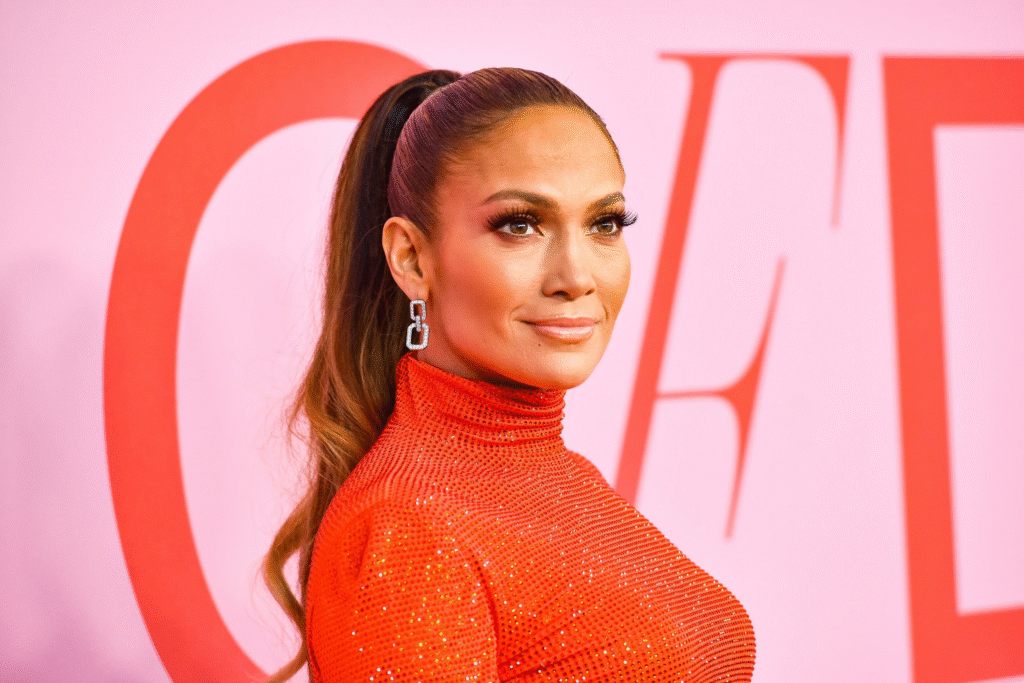
If you’re wondering how to convert criticism into cash, JLo’s evolution from Fly Girl to financial force reads like a masterclass in strategic reinvention. The Bronx performer converted her multidisciplinary talents into an enterprise worth between $150-400 million. This success makes her early critics look like talent scouts who missed the next Beatles.
JLo Beauty entered the crowded celebrity skincare space and arrived with formulations that beauty editors genuinely praise rather than politely mention in passing. Her Vegas residency helped reshape performer compensation models throughout the entertainment capital. This created a template that artists from Britney to Lady Gaga would later follow with their own lucrative runs.
1. Shakira

The Shakira business portfolio proves that cultural authenticity beats trend-chasing every single time, building a $300 million enterprise that moves with the same calculated precision as her iconic hips. Breaking into music at 13, the Colombian powerhouse built her wealth by treating cultural authenticity as a business asset rather than a marketing limitation. This approach proved that staying true to your roots can be the most profitable strategy of all.
Her fragrance lines consistently outperform celebrity perfume competitors by reflecting her actual aesthetic instead of following trend forecasts. Meanwhile, her Pies Descalzos Foundation has constructed schools across Colombia, demonstrating that social impact and profit margins can move in perfect rhythm together.





















